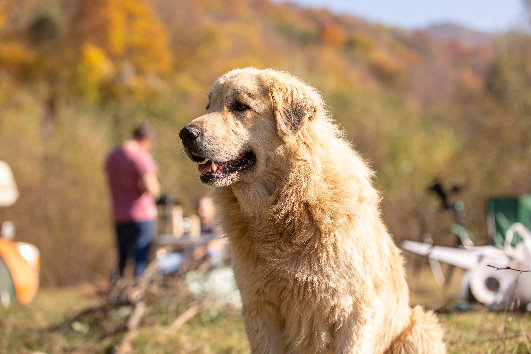
Golden Retriever Breed
Golden Retrievers are renowned for their friendly and tolerant attitudes, making them ideal family pets. Their affectionate nature means they are excellent with children and can bond strongly with their human companions. Golden Retrievers are intelligent and eager to please, which contributes to their reputation as one of the most trainable dog breeds. They thrive on positive reinforcement and respond well to training, making them suitable for various activities such as obedience, agility, and even therapy work.
One of the standout characteristics of Golden Retrievers is their exuberant energy and playful demeanor. They are naturally active and require regular exercise to stay happy and healthy. Daily walks, playtime, and mental stimulation are essential to prevent boredom and potential behavioral issues. Their love for retrieving games, especially involving water, is a hallmark trait; many Goldens will happily spend hours fetching sticks or balls and swimming.
Golden Retrievers are social animals that thrive on companionship. They don’t do well when left alone for long periods and may develop separation anxiety if not given enough attention and social interaction. Their sociable nature means they often get along well with other dogs and pets. However, their friendly disposition makes them less effective as guard dogs, as they are more likely to greet strangers with wagging tails than with barks of warning.
Despite their friendly nature, Golden Retrievers do require some attention to grooming. Their dense, water-resistant coats shed throughout the year and need regular brushing to keep them clean and prevent matting. They are also prone to certain health issues, such as hip dysplasia, elbow dysplasia, and various eye conditions. Regular veterinary check-ups and a balanced diet are crucial to maintaining their health and well-being.
Golden Retrievers are also susceptible to certain genetic conditions, including cancer, which can significantly impact their lifespan. Responsible breeding practices and awareness of family health history can help mitigate some of these risks. Additionally, maintaining an active lifestyle, monitoring their weight, and providing a nutritious diet can contribute to their overall health and longevity. Regular vet visits and preventive care, such as vaccinations and parasite control, are essential to ensure they live long, happy, and healthy lives.